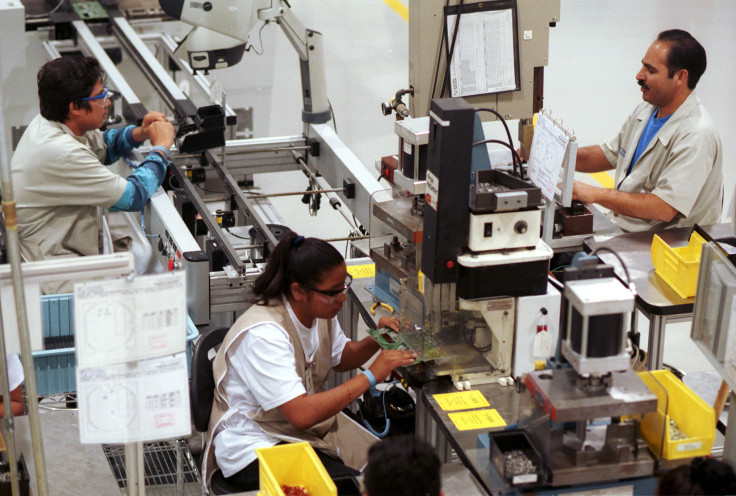
As President-elect Donald Trump prepares to ramp up tariffs on Chinese imports, Mexico is emerging as a key beneficiary of global supply chain shifts. Companies seeking alternatives to China are increasingly turning to Mexico, drawn by its proximity to the U.S., low labor costs, and tariff-free trade under the United States, Canada and Mexico (USMCA) agreement.
Raine Mahdi, founder of Zipfox, a firm connecting businesses to Mexican manufacturers, said this trend mirrors a surge seen during Trump's first term. "It's déjà vu, and it's just getting started," Mahdi told NBC News, adding that companies are unlikely to wait out the trade war given its expected escalation.
Chinese firms have played a significant role in Mexico's industrial boom. Investments from China have nearly quadrupled compared to 2014-2020 averages, reaching $4 billion in 2023, with an additional $1.4 billion recorded in the first half of 2024, according to the Rhodium Group. Major Chinese companies like Hisense and Lingong Machinery Group have established operations in Mexico, alongside U.S. and multinational firms looking to cut shipping costs and bypass U.S. tariffs on Chinese goods.
However, this migration could undermine Trump's promise to revitalize American manufacturing as many companies will likely go to other low-cost countries. Mary Lovely of the Peterson Institute for International Economics highlighted the issue: "For most companies, it just moves production from China to Vietnam or Mexico. It's a false promise," as reported by the outlet. Occupancy of industrial real estate by Chinese companies has doubled since 2021, according to data from SiiLA.
The trend has drawn attention from members of Trump's incoming administration. Senator Marco Rubio, R-Fla., Trump's nominee for secretary of state, urged President Joe Biden in a September letter to address the issue of Chinese companies "exploiting Mexico's duty-free access to the United States."
"Chinese firms — which often benefit from slave labor, stolen intellectual property, and significant state subsidies — are using free trade agreements to bypass American trade enforcement and threaten U.S. production," Rubio wrote. He called for urgent action to curb this practice, emphasizing that the USMCA was intended as a trade deal with Mexico, not China. "Immediate steps are needed to stop the Chinese Communist Party from taking advantage of this critical agreement," he added.
Even as trade tensions persist, experts caution against expecting a U.S. manufacturing renaissance due to high costs, workforce shortages, and limited infrastructure.
While Mexico's trade advantages attract companies, uncertainty looms. Trump has threatened to impose tariffs on Mexican imports to pressure the country on immigration and drug enforcement. As such measures would violate USMCA rules, Trump's tariff threats have caused hesitation among some investors, including Elon Musk's Tesla, which paused plans for a factory in Mexico due to the unpredictability.
© 2025 Latin Times. All rights reserved. Do not reproduce without permission.





